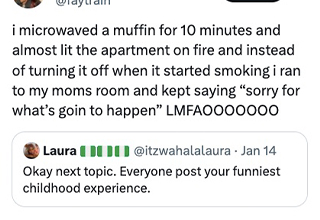They’re not getting their money back, though. Sorry!
Cops in America have a lot of leeway to do whatever they want — sorry, whatever they “feel is pertinent to their investigation.”
In theory, this makes sense. While it’s certainly not ideal, these are the people in charge of enforcing the law, so some could argue that, if a tactic allows a police officer to complete their job more accurately and efficiently, they should be allowed to do it, with some allowances made for the mistakes they may make along the way.
In practice, however, cops use their legally-protected power to do a lot of not cool, and occasionally illegal, activities, frequently not facing punishment for their actions after they’re caught. For example, we recently learned that cops in Tennessee were fraudulently charging people with DUIs. No punishment yet for the cops who did that, by the way!
One of the ways that law enforcement can use their powers against you is through civil forfeiture. This is where they seize a good that they expect to be involved in a crime. This can be anything from cash to your car, house or pretty much anything else you can physically touch.
This has long been controversial, but recently, it’s gotten worse. That’s because the Drug Enforcement Agency has been placing plain-clothes officers in airports, illegally detaining and searching people, then collecting whatever money they find.
That information comes thanks to an investigation by Atlanta News First, which noted in a half-hour long piece that people (disproportionately, Black people) were being stopped at the airport, having their possessions or cash seized (if they were valuable enough), then sent on their way, often with no record of the stop ever even taking place. If they didn’t consent to the search? Tough, they were getting searched anyway.
Now, a follow-up report reveals that the practice has stopped, mainly because the federal government caught wind of it and said, “Uh, that’s a Constitutional violation.” Not only that, but it was also revealed that airline staff were getting financial kickbacks for reporting suspect passengers. In many cases, their “suspicious activity” amounted to nothing more than buying a last-minute ticket.
Only time will tell if these DEA actions will be punished for their illegal actions, but my hopes aren’t too high.






1 Comments